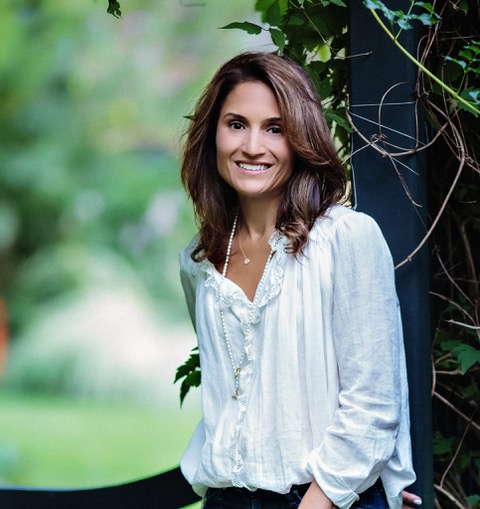Mind-Body Wellness for Dental Hygienists
Making self-care part of your patient care
The first code of ethics from the American Dental Association (ADA) in 1866 stated that the dentist should be temperate in all things, keeping the mind and body in the best possible health, for the sake of their patients. Christina DiBona Pastan, DMD, likes to refer to this history when she explains how to bring the discipline of yoga into the practice of dentistry. “I originally came to yoga to make a personal change,” she says. “Then I realized how it also changed me as a healthcare provider. As an endodontist, I am in a practice where there are many emergencies, and I found myself remaining calmer with my patients and the team, not reactive to all the stress.”
An assistant professor of clinical endodontics at Tufts University School of Dental Medicine, Pastan realized there was a need for yoga as a skill for developing dentists. “Learning breath work, the connection of the mind and the body, and how to center yourself—you are queuing yourself up to be a better practitioner,” she says. As director of mind-body wellness at the dental school, Pastan has melded two worlds, teaching yoga in a way that directly relates to providing dental healthcare. In addition, she has launched a YouTube channel, ChristinaDiBonaPastan, that features a series of chair yoga sequences developed specifically for dentists and dental hygienists.
When asked how dental hygienists—who are often busy taking care of patients, colleagues, friends, and family—can get started with mind-body wellness, Pastan says, “The easiest way in the morning doesn’t even involve being physical; it’s just sitting, centering yourself, closing your eyes, and connecting to your body, then following the breath as it comes in and out of the body, allowing it to ground the mind. Just 5 minutes of centering before you start your day will begin to shift and transform your life.” As far as taking a yoga class, Pastan acknowledges that everybody is starting at different physical levels. “Just going, just showing up is where you start,” she says. “It’s not about how you look or what you can do. It’s about being comfortable with your body, letting yourself be who you are with non-judgment.”
If there’s any specialty that should be practicing self-care, Pastan believes, it’s dentistry. “Dentists and hygienists are in a high-pressure profession, and we need to keep our mind and body in ultimate health. Every patient that comes into our seat, we are caring for and connecting with them as human beings. Ultimately that’s what it’s all about. If we take care of ourselves, we’re going to take better care of our patients, so we shouldn’t feel badly about taking care of ourselves.”
About the Author
Christina DiBona Pastan, DMD, received her BA from Wheaton College and her DMD from the Tufts University School of Dental Medicine. She is an assistant professor of clinical endodontics and the director of mind-body wellness at Tufts University School of Dental Medicine. Pastan is a certified yoga and meditation instructor and currently practices endodontics in Back Bay Boston, Massachusetts. She is a member of:
American Academy of Dental Science
American Association of Endodontists
American Association of Women Dentists
American Dental Association
Massachusetts Association of Endodontists
Massachusetts Dental Society

Dr. Pastan